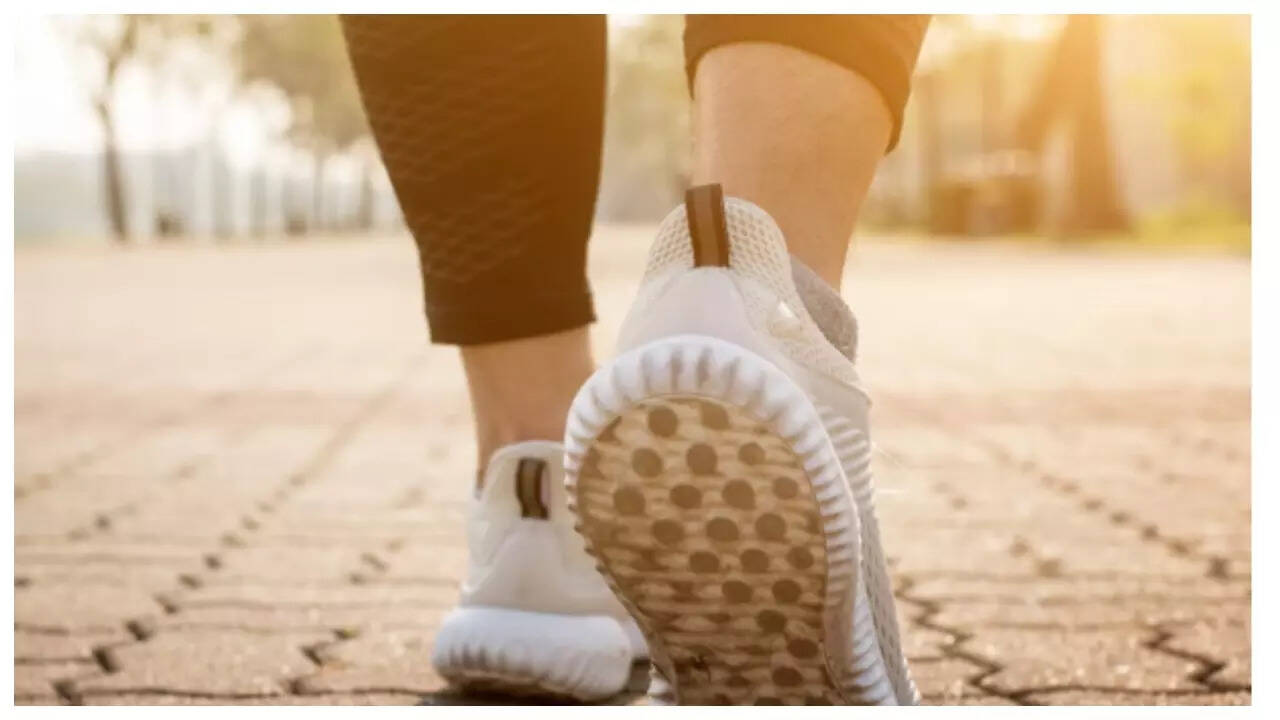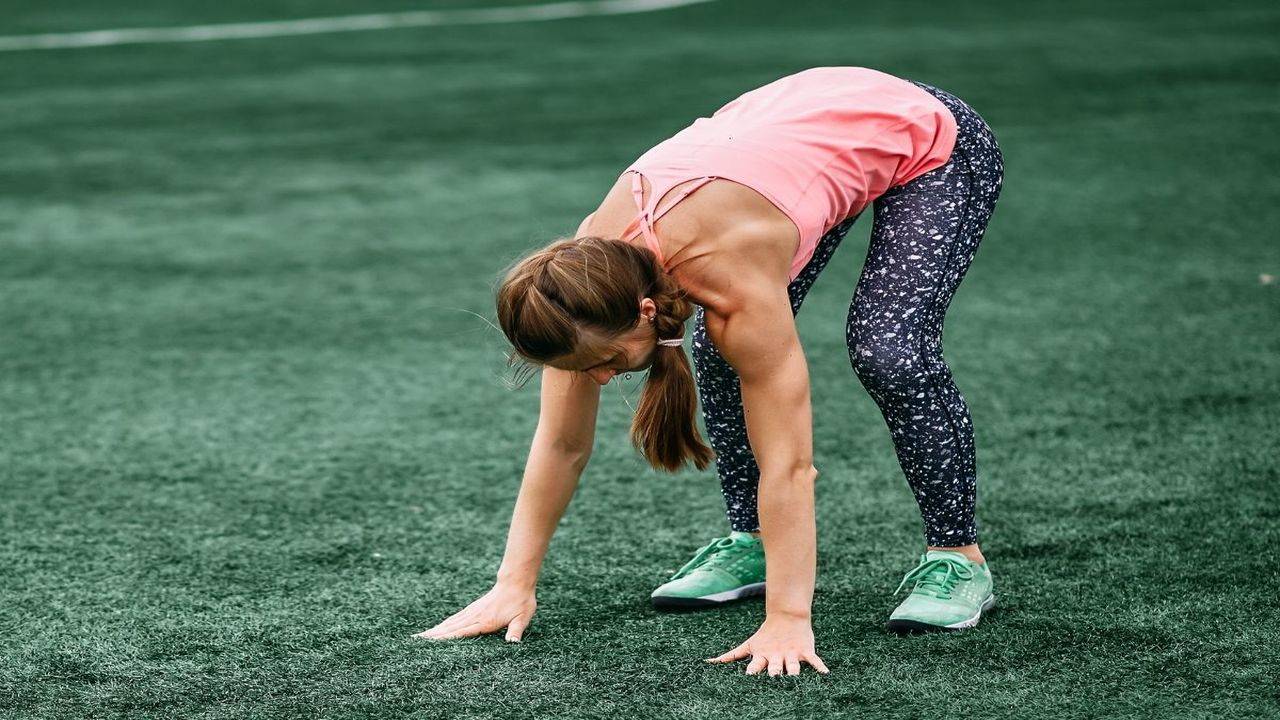If the thought of waking up at 5 a.m. for a jog makes you hit snooze faster than a Monday alarm, you’re not alone. Not everyone is built to be an early bird. But that doesn’t mean you have to miss out on staying active or losing weight. In fact, there’s a secret weapon most people overlook—night walks.
Yes, walking at night isn’t just a relaxing way to clear your head. Done consistently and with intention, night walks can help you lose weight, improve digestion, and even sleep better. Whether you’re working long hours, managing a family schedule, or just prefer the moonlight over sunrise, this underrated habit could be exactly what your fitness journey needs.
Let’s dive deep into how night walks actually contribute to fat loss, the science behind it, and how you can make the most out of your post-dinner stroll.
Why Night Walks Work for Weight Loss
You don’t need a high-intensity sweat session to lose weight. What matters more is consistent movement, calorie burn, and creating a small energy deficit over time. And that’s where night walks shine.
Here’s what makes them surprisingly effective:
1. You’re more likely to do it
Let’s face it—early morning workouts sound great in theory. But when the alarm rings, your bed is more tempting. Night walks fit easily into your routine because they’re low pressure, and you’re already up and moving after dinner.
2. They improve digestion
Walking after dinner helps move food through your digestive system, preventing bloating and promoting better nutrient absorption. A better digestive system means your body processes calories more efficiently.
3. They help regulate blood sugar
A 15–30 minute walk after dinner has been shown to reduce blood sugar spikes, which can reduce fat storage and help prevent cravings later in the night.
4. They reduce stress
Lower stress equals lower cortisol. And lower cortisol can lead to less fat stored around the belly. Walking helps you unwind without needing screens or snacks.
5. They burn calories without exhaustion
A brisk 30-minute walk can burn around 150–200 calories. That might not sound like much, but added up over the week, it’s a real dent—especially if it’s replacing time spent snacking or lying on the couch.
How to Maximize Fat Burn on a Night Walk
Walking alone is great, but with a few tweaks, you can seriously increase its fat-burning benefits.
1. Keep a brisk pace
Aim for a pace where talking is possible, but singing is not. You should feel your heart rate go up, but you’re not out of breath. That’s the perfect fat-burning zone.
2. Add some hills or inclines
If you live in a hilly area, great. If not, walking up stairs or ramps during your walk adds intensity and strengthens your glutes and calves.
3. Walk for at least 20–40 minutes
Short walks are still valuable, but staying in motion longer helps your body tap into fat stores for energy.
4. Swing your arms
Arm movement increases calorie burn and gets your upper body involved. It also helps keep your pace steady.
5. Don’t eat again after your walk
Walking after dinner helps with digestion and burns calories from your meal. If you follow that with late-night snacking, it defeats the purpose. Keep a glass of water nearby and call it a night.
Best Time to Walk at Night for Fat Loss
The sweet spot is 30 to 90 minutes after dinner. This gives your body time to start digestion and avoids the sluggish feeling that comes from walking immediately after a heavy meal.
Try to finish your walk at least 30–45 minutes before going to bed so your body has time to wind down again.
What to Wear and Bring for Night Walks
Safety and comfort matter just as much as motivation. Here’s a quick checklist for evening walkers:
- Reflective clothing or bands to stay visible
- Comfortable walking shoes with support
- A small flashlight or headlamp if your path isn’t well lit
- Earphones for music or a podcast, but keep the volume low
- Pepper spray or personal alarm if walking in less crowded areas
- Water bottle if walking for more than 30 minutes
And always let someone know your route if you’re walking alone at night.
Night Walk Routine for Weight Loss
Here’s a sample weekly plan you can start with:
Monday to Saturday:
- Time: 8:30 to 9:15 p.m.
- Route: Safe, familiar loop near your home or in a park
- Pace: Brisk, moderate (you should break a light sweat)
- Duration: 30–45 minutes
- Focus: Breathe through your nose, walk tall, and stay relaxed
Sunday:
- Active recovery: Take a slow walk or rest.
Optional: Once a week, turn your night walk into an interval walk. Start slow, walk brisk for 1 minute, then slow for 2 minutes. Repeat for 30 minutes.
Combine It With These Simple Habits for Better Results
Night walks work even better when paired with small changes to your daily routine:
- Eat your heaviest meal earlier in the day (lunch, not dinner)
- Cut back on sugary drinks or snacks after 6 p.m.
- Drink water before your walk to stay hydrated and feel full
- Sleep 7–8 hours each night to allow your body to burn fat and repair muscles
- Stretch briefly after your walk to keep muscles loose and prevent stiffness
What People Get Wrong About Night Walks
Let’s clear up a few myths:
Myth 1: You can’t burn fat at night.
Fat loss is about your 24-hour calorie balance. Walking at night helps create that calorie deficit just like morning cardio.
Myth 2: You have to do high-intensity training to lose weight.
Not true. Low-intensity, steady-state movement (like walking) is incredibly effective for fat loss—especially when done regularly.
Myth 3: You’ll be too energized to sleep.
Actually, most people report better sleep after a gentle walk. Just don’t go full sprint mode.
Real Talk: How Long Before You See Results?
Give it 3 to 4 weeks of consistent night walks, paired with mindful eating, and you’ll start noticing changes—not just on the scale, but in how your clothes fit, your digestion, your sleep, and your energy.
If you’re doing everything right but not seeing progress, track your food for a few days. Often, hidden calories from late-night snacks or oversized portions are the culprits.
Final Thoughts
You don’t need a gym. You don’t need a trainer. And you definitely don’t need to wake up at sunrise if it doesn’t suit you. What you need is consistency, a good pair of shoes, and a little bit of quiet time in the evening to move your body.
Night walks are peaceful, effective, and incredibly doable—even on the busiest schedule. Whether you’re walking off dinner, reflecting on your day, or just looking for a reset, you’re burning calories and building a healthier habit along the way.
So next time you’re about to hit the couch after dinner, grab your sneakers instead. Your body (and your belly) will thank you.










